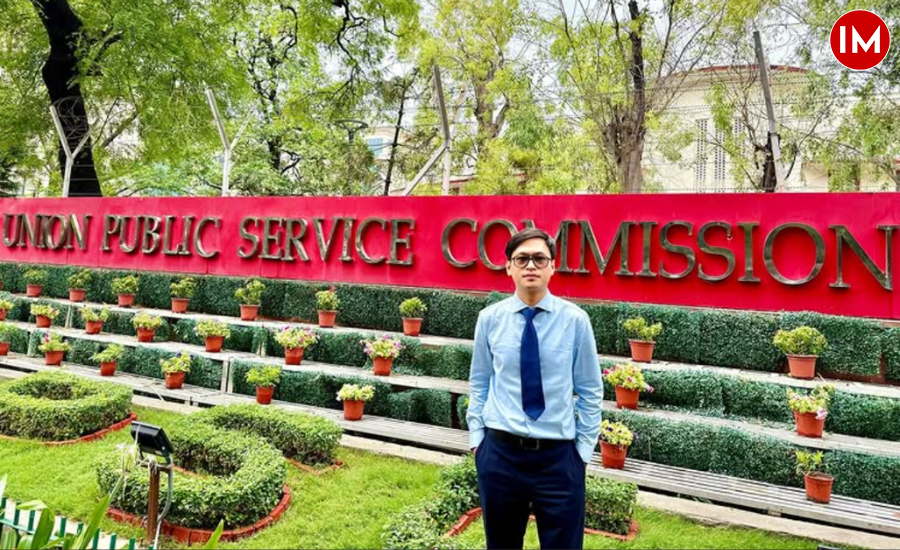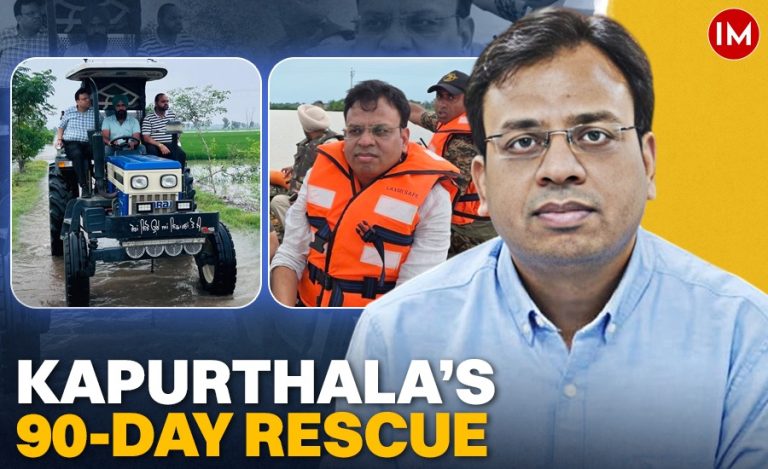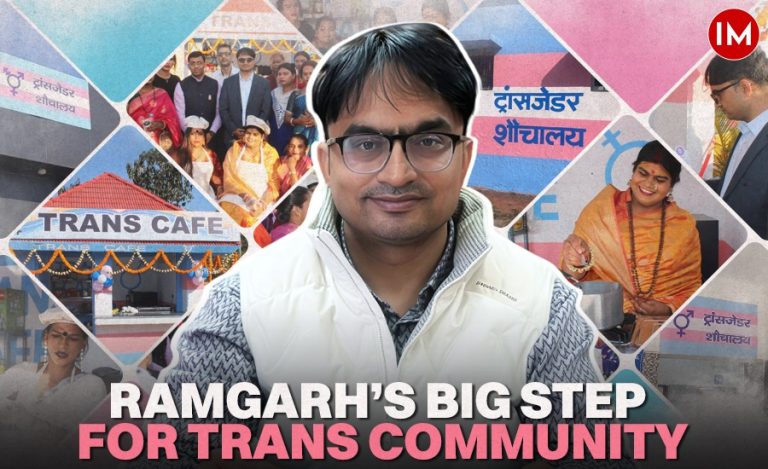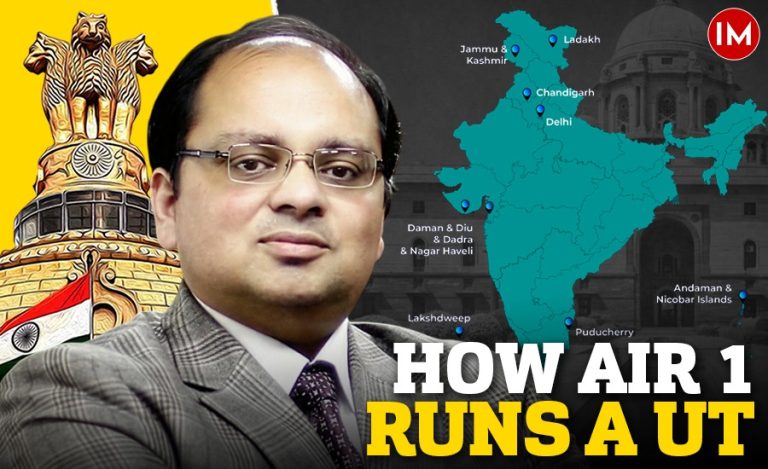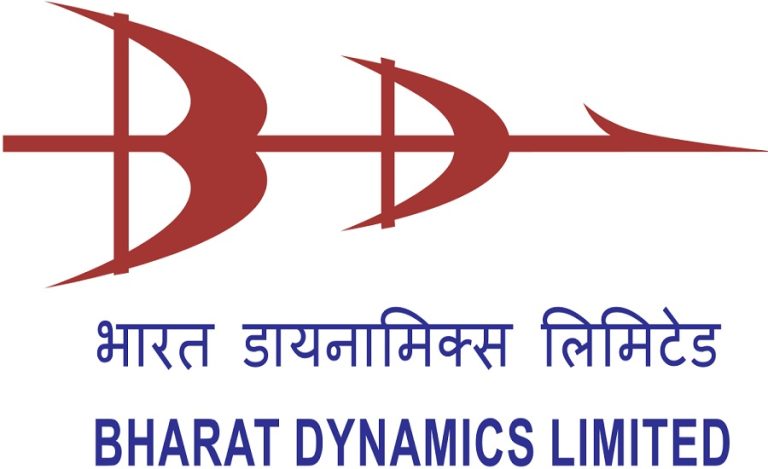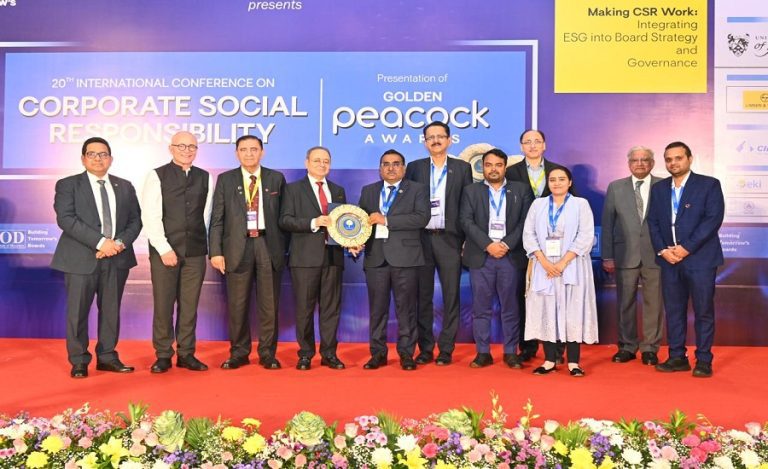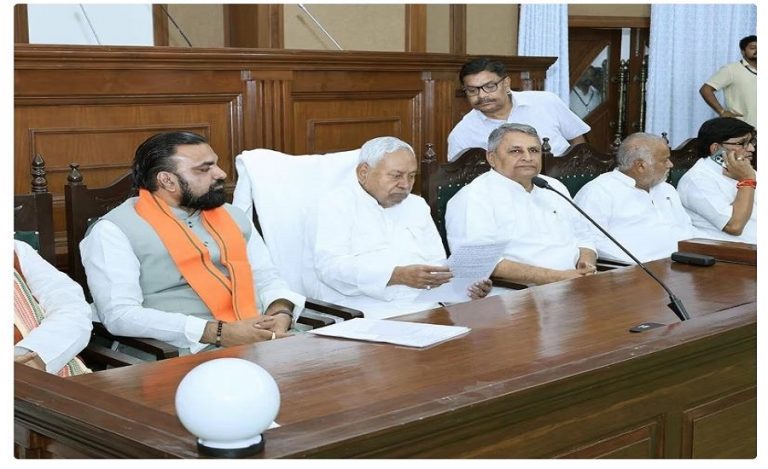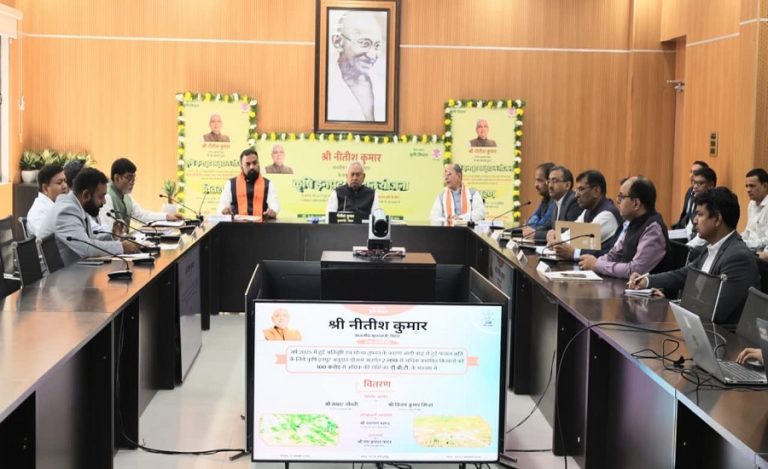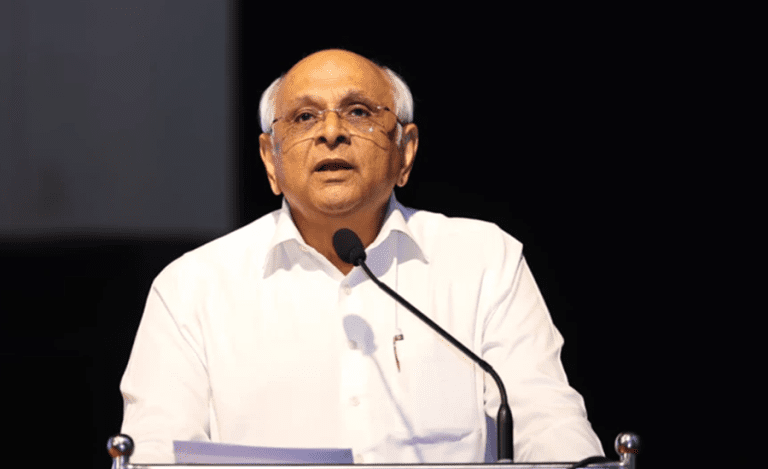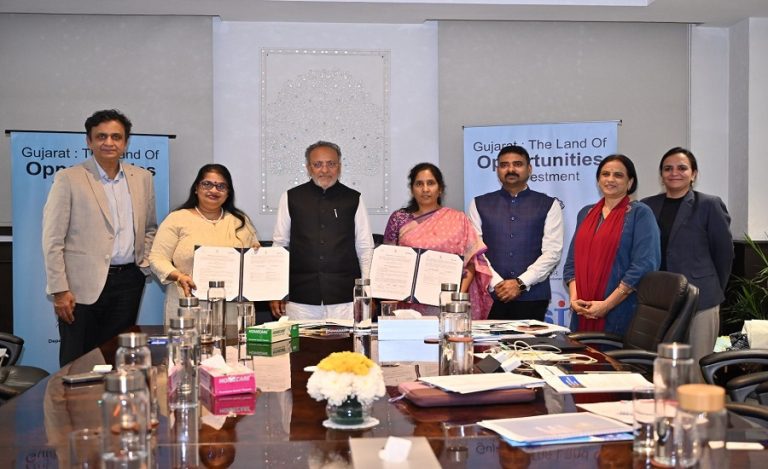When most youngsters chase urban careers and corporate dreams, a young boy from Tripura quietly nurtured a different relationship — with the earth beneath his feet, the forests that surrounded him, and the rivers that shaped his homeland. Today, that boy is Indian Forest Service (IFS) officer Kenneth Chakma, whose journey is a rare blend of scientific rigour, environmental consciousness, and a deep commitment to sustainable development in the Northeast.
EARLY LIFE & EDUCATION
Born in Tripura, Kenneth’s academic path took shape early with a keen interest in the earth and its natural systems. After completing his schooling across Faridabad and Visakhapatnam—where he was preparing for IIT-JEE—he joined the University of Delhi for a bachelor’s degree in Applied Earth Sciences, a course offered directly under the University at that time.
Though he initially considered giving IIT another attempt, destiny had other plans. His academic journey took him to the prestigious IIT Bombay, where he completed his Master’s in Applied Geology in 2015. He briefly enrolled for a PhD in Glaciology at Jawaharlal Nehru University (JNU), but life gave him a new direction before he could complete it.
“My academic journey kept bringing me back to one central idea — understanding the earth is not enough; we must learn to live in harmony with it,” IFS Kenneth Chakma shared in an exclusive interview with Indian Masterminds.
PROFESSIONAL LIFE WITH GEOLOGICAL SURVEY OF INDIA
Kenneth had already cleared the selection for the Central Geological Service, and in 2016, he joined the Geological Survey of India (GSI) — the country’s apex geoscientific organisation. Over the next eight years, he worked across Hyderabad, Mizoram and Tripura, gaining deep ground-level exposure to the complex geological and environmental challenges of India’s Northeast.
His GSI journey was as intense as it was impactful:
In Mizoram (5+ years)
- Conducted landslide susceptibility mapping across Indo-Burmese border regions
- Worked along challenging terrains bordering Myanmar (Chin State) and Bangladesh
- Executed geochemical mapping to identify mineral and critical resource deposits
- Led surveys across remote areas with barely any connectivity, where downloading a newspaper required trekking up hills for network
In Tripura
- Focused on river erosion and geomorphology, particularly along the Gomati River
- His data inputs supported flood- and water-release coordination with Bangladesh
“Working in the Northeast shaped my belief that development cannot be copy-pasted — it must be rooted in the culture, ecology and realities of the region.”
WHEN FORESTRY BECAME A CALLING
His fascination with geology slowly evolved into something deeper — a desire to protect, restore and rethink how humans interact with natural systems. Mizoram played a pivotal role in this shift, where he saw how deeply the local population depended on forests.
The decisive spark came during the COVID-19 period after reading The One-Straw Revolution by Masanobu Fukuoka. The philosophy of natural farming deeply resonated with him. He began experimenting with 15–16 species of bamboo on his ancestral land in Tripura, exploring sustainable agroforestry firsthand.
This personal ecological journey blended seamlessly with his growing interest in conservation, carbon credit markets, natural farming and sustainable land use.
THE UPSC JOURNEY
Balancing a demanding GSI job and UPSC preparation was nothing short of gruelling. With long field postings and limited net connectivity, exam preparation became a test of resilience and discipline.
He cleared the UPSC Mains four times, each time narrowly missing the final list — until his 6th attempt, when he cracked the Indian Forest Service.
“Every failed attempt strengthened my purpose. IFS wasn’t a fallback — it became the destination that aligned with who I was becoming.”
WHY HE CHOSE THE INDIAN FOREST SERVICE
Kenneth strongly believes that the Forest Service holds the key to the future.
“The world is transitioning towards climate resilience, sustainable food systems and nature-based solutions — the Indian Forest Service sits at the intersection of all of these.”
For him, the IFS provides a platform to lead change in the most critical environmental spaces of the coming decades: climate action, forest-based economy, agroecology, carbon markets, and biodiversity-led development.
A VISION FOR THE NORTHEAST
Kenneth is firm in his conviction that the Northeast deserves — and requires — a distinct development model. Unlike metropolitan cities grappling with pollution, water scarcity, urban stress and ecological degradation, the Northeast still has pristine natural capital.
He believes the region can be India’s pioneer in:
- Agro-forestry and bamboo-based green economy
- Ecological tourism & heritage-driven livelihood models
- Traditional knowledge integrated with modern sustainability
- Climate-resilient development rooted in nature
Like Japan’s model of ecological nation-building, he envisions the Northeast becoming a global example of green growth without environmental compromise.
A MESSAGE FOR THE ASPIRANTS
Kenneth hopes that young aspirants understand the true value of the Forest Service:
“Do not treat IFS as a second option. If you are passionate about nature, climate action and sustainable development, this service gives you the power to create long-lasting impact.”
From studying glaciers to protecting forests, from mapping landslides to nurturing bamboo-based livelihoods, IFS Officer Kenneth Chakma represents a new kind of civil servant—one who blends science with sustainability and duty with environmental empathy.
His journey is proof that the road to national service can be green, grounded, and guided by the wisdom of nature itself.

